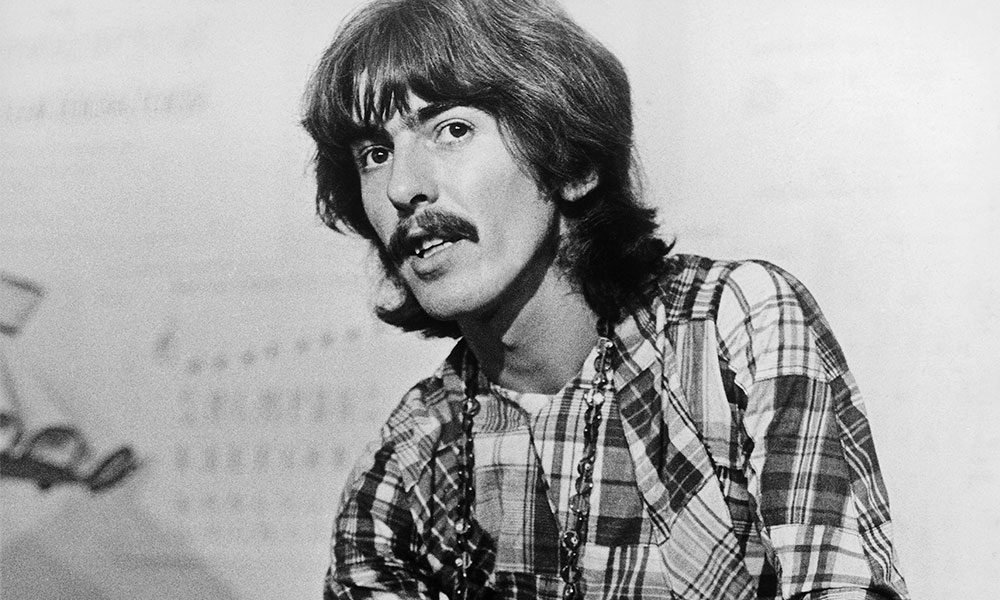When David Crosby, Stephen Stills, and Graham Nash first heard The Beatles, they were instantly captivated. The harmonies, the melodies, and the sheer brilliance of the Fab Four’s music spoke to them on a profound level. As aspiring musicians themselves, they couldn’t help but dream of one-day achieving similar heights of success and recognition.
Fast forward to 1969, and Crosby, Stills, & Nash had honed their craft, blending their voices and talents into a sound that was uniquely their own. When they got the chance to perform for George Harrison and Peter Asher from Apple Records, the excitement and anticipation were palpable. This was their moment to shine, to prove that they were worthy of joining the ranks of their musical idols.
They flew from Los Angeles to London, fueled by determination and ambition. The live audition was a make-or-break opportunity, and they poured every ounce of energy into their performance. From the haunting beauty of “Suite: Judy Blue Eyes” to the heartfelt emotion of their other songs, they left it all on the stage, hoping to impress the iconic figures in front of them.
However, despite their best efforts, the verdict was not in their favor. George Harrison, perhaps swayed by his own musical preferences or the demands of the industry, decided not to sign them to Apple Records. It was a crushing blow, a moment of bitter disappointment for Crosby, Stills, & Nash. They had dared to dream big, only to face rejection from one of the most influential bands of their time.
David Crosby took to Twitter to express his mixed feelings, acknowledging the missed opportunity while also shrugging off the setback with a sense of resilience. Graham Nash, in a reflective interview years later, recalled the intensity of their preparation and the sting of rejection, tempered by the determination to keep moving forward.
For Crosby, the experience was a turning point. The rejection from Apple Records forced him and his bandmates to reevaluate their path. They regrouped, refocused, and ultimately signed with Atlantic Records, finding a new avenue to share their music with the world.
Looking back, it’s easy to see the irony in the situation. The Beatles, whom Crosby, Stills, & Nash admired so deeply, had once passed on the opportunity to work with them. Yet, despite this initial setback, Crosby, Stills, Nash, & Young went on to carve out a legendary career, leaving an indelible mark on the music industry.
Their story is one of resilience, perseverance, and unwavering belief in the power of music to transcend barriers. It reminds us that rejection is not the end but rather a stepping stone on the path to success. As Crosby, Stills, & Nash showed, sometimes the greatest achievements come after the greatest disappointments.
